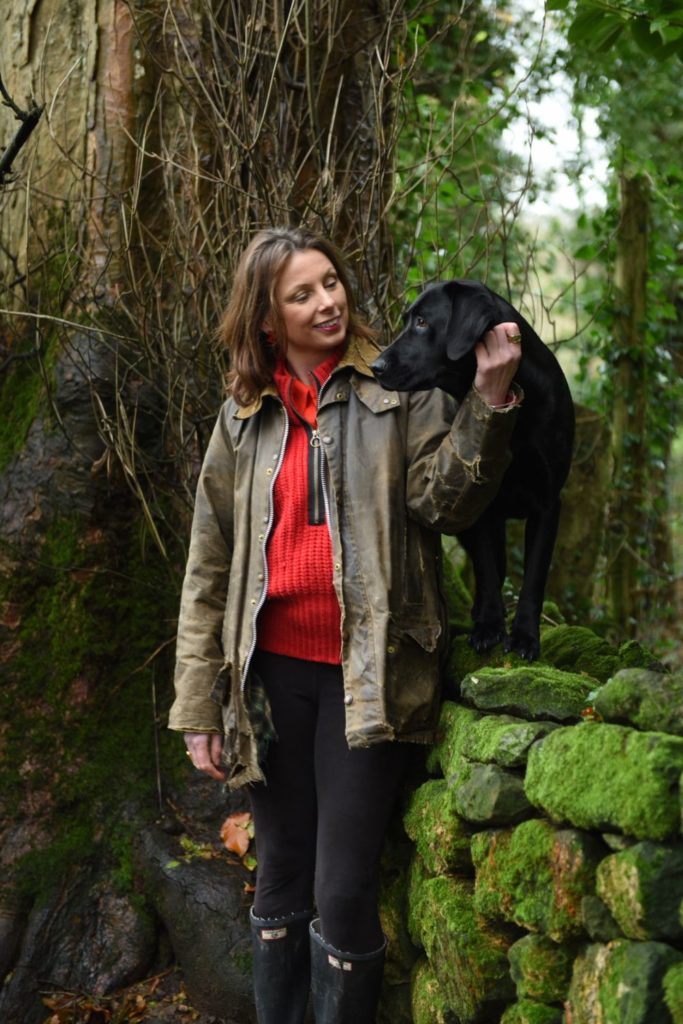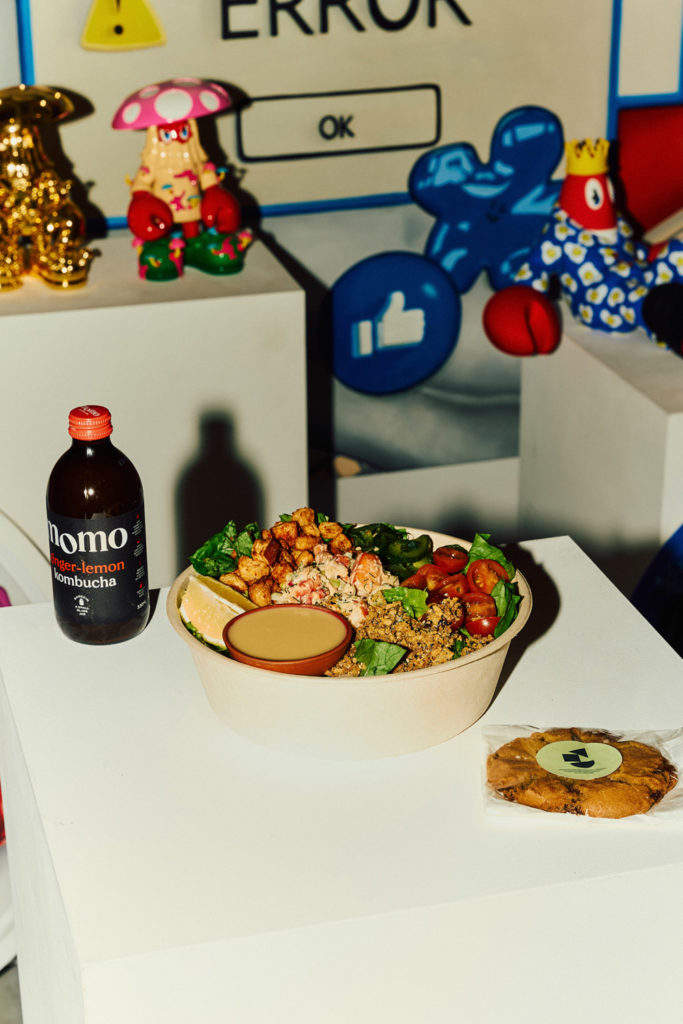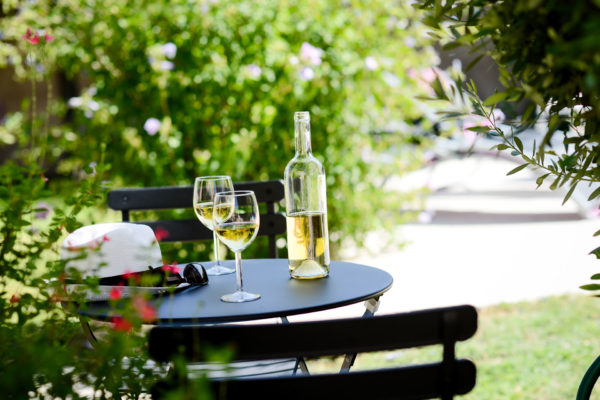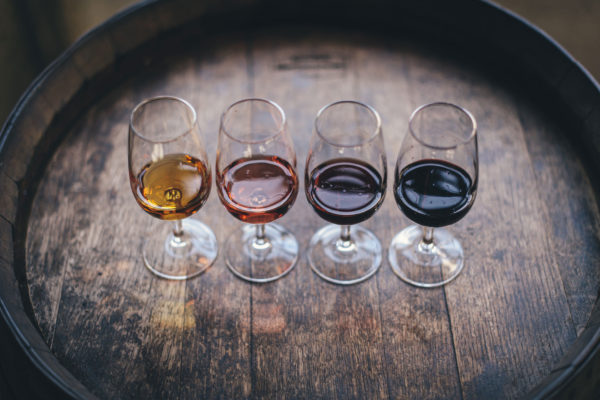Honey Spencer Demystifies The World Of Natural Wine
By
1 year ago
A sommelier's guide to natural wine
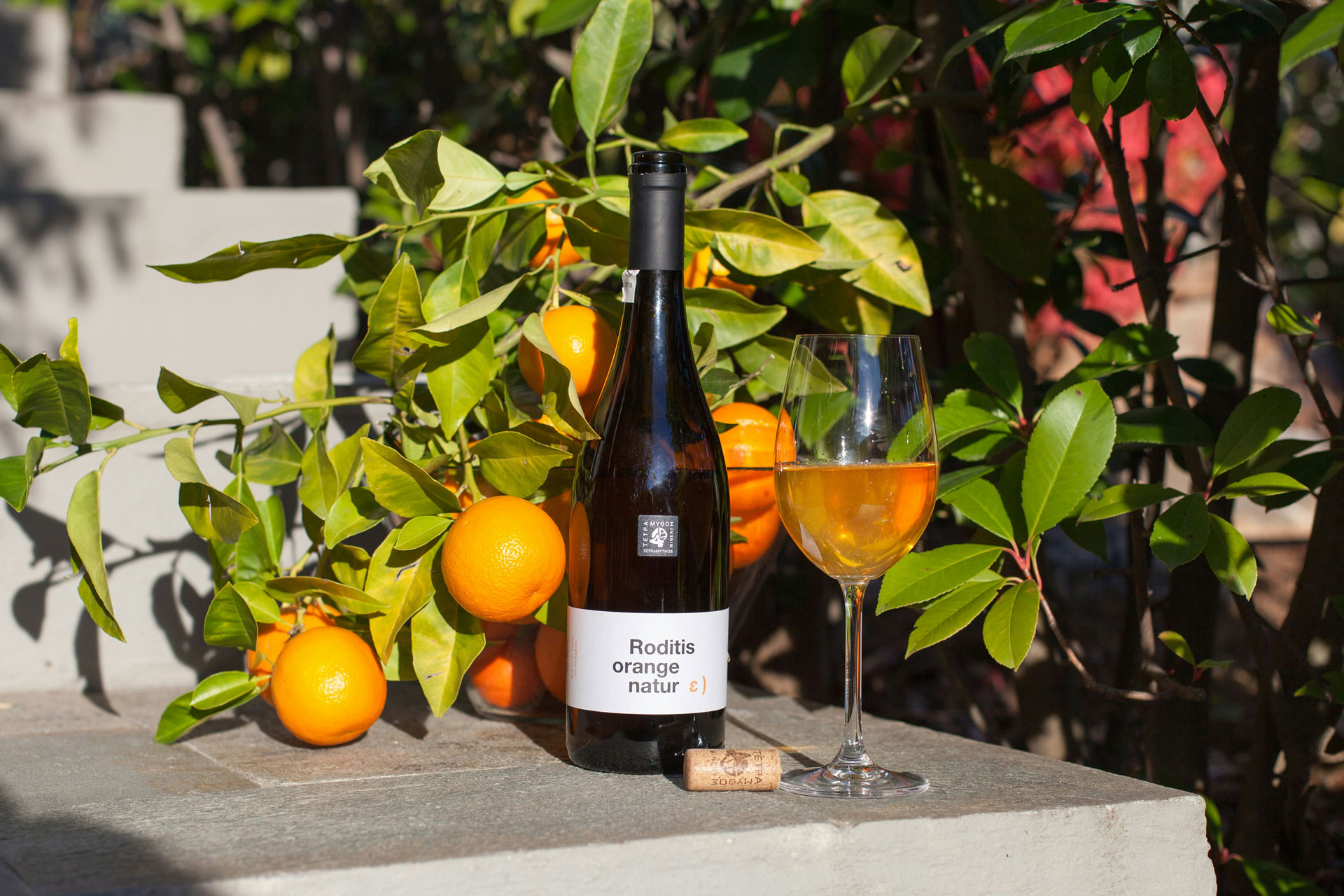
Although every cool new bar in town serves natural wine nowadays, there’s still an aura of confusion surrounding the umbrella term. That’s why award-winning sommelier Honey Spencer decided to write a book dedicated to the topic: Natural Wine, No Drama. Honey certainly knows her stuff when it comes to wine: she has worked at a string of esteemed spots, from London’s Sager + Wild to NOMA Mexico, and is now the wine director for the Paskin Group, which curates the wine list for restaurants like The Palomar and Evelyn’s Table. Here, Honey gives us a sneak preview of the subjects covered in the book, from misconceptions surrounding natural wine to current trends in the wine sphere.
Honey Spencer On Her New Book

Honey Spencer, photo by Ania Smelskaya
Tell us about your new book. What can we expect?
Natural Wine, No Drama is a passionate and compassionate look at wine today through the lens of natural wine. The book is divided into three parts. The first is a deep dive into different farming and winemaking choices: organic, biodynamic, regenerative and natural. At the very beginning of the book there is a glossary to explain some of the terms that are used throughout the book which can be referred back to when reading. The second section of the book is a collection of story and profiles of key contributors to the world of natural wine today. And finally, my favourite section of the book details how best to enjoy natural wine: how and where to taste it, how to pair it with food, how to buy it, how to order it, plus some recipes from friends around the world.
How would you describe your wine philosophy?
I like my wine the way I like my people: individual, expressive and full of life! It doesn’t matter where a wine is made, or which variety it’s made from, what matters is if you can get a sense of where it is from, in that sense it’s ‘terroir’. I love living wines that are uninhibited by unnecessary processes and additives and taste like undiminished nature.
View this post on Instagram
What is natural wine? How is it defined?
Natural wine doesn’t have a strict definition as yet, although there are quite a few organisations working towards establishing one. What is generally accepted, however, is that natural wine must come from organic, biodynamic or regeneratively-farmed grapes which ferment with the ‘natural’ yeasts instead of commercial versions and go through minimal processing in the winery. In short, nothing added, nothing taken away.
Why is it cloudy?
It’s a misconception that all natural wine is cloudy. In fact a lot of the natural wines I drink these days aren’t cloudy at all. The reason natural wines are often cloudy is because they don’t undergo a filtration process which is one of the core pillars of the natural wine philosophy. That said, often winemakers will choose to leave their wine a little longer in tank, amphora or barrel to settle before bottling resulting in wines that are naturally clear.
When did you first become interested in the world of wine?
I was working for Jamie Oliver at his Fifteen Restaurant in London when I began to understand what an incredible career it could be working with wine. To me wine is geography, history, culture, travel, adventure and academia all rolled into one. I fell down the rabbit hole, and I’ve never looked back!
How have attitudes towards natural wine changed in recent years?
There has been a big shift in the perception of natural wine over the last five years. As we increasingly embrace different styles of cuisines, ingredients and tastes in general, a lot of that openness has started to extend to wine, which is something I haven’t always been able to say. Natural wine is so much more than just about fruit, acid, and tannin. It is about salinity, umami, savoury elements, different textures and types of acidity. The more we search for similar qualities in our food, the more readily we are to accept the same components in our wine.
What are some of the biggest misconceptions surrounding natural wine?
I’ve often heard natural wine dismissed as ‘funky’ or ‘farmy’. While natural wines like this do exist, they are far from the norm (particularly for white wines). The other thing that I hear a lot is that natural wines can’t age, but this is also untrue. If grapes have been farmed properly, and have the typical components to age – acid, tannin and fruit – then these wines are capable of ageing into the future and even improving with time.
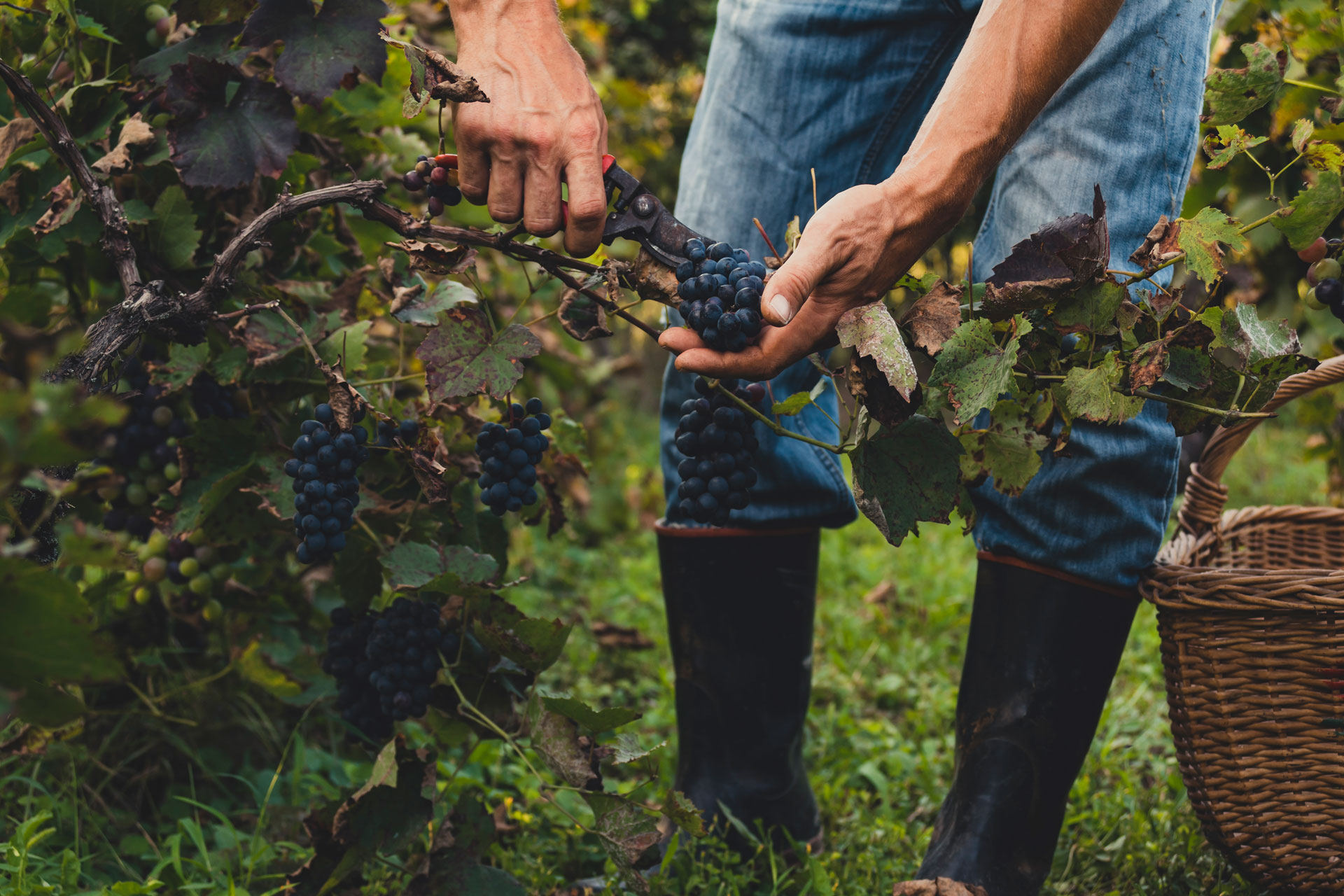
Getty Images
Best places to buy natural wine?
There isn’t much natural wine in supermarkets as yet, but restaurants are a great place to explore natural wine as you can opt for a glass instead of a bottle. Restaurants are also safe spaces to practice describing what you like in certain wines (more on this in the book, too!).
Any tips on how to choose natural wine in the shops?
There’s a chapter of my book dedicated to this exact topic, but in general it is worth finding a shop whose team understand your palate and can give you recommendations based on your personal taste. This kind of relationship will see you drinking very well, and feeling like you have your own personal sommelier!
What to look out for when picking a natural wine at a restaurant?
Like with conventional wine, ask the team what will go with the dishes you have ordered. If you choose to drink by the glass instead of the bottle, you can try a few different styles to match your dishes, or if you choose a bottle you need a bottle that will work with everything you will eat.
Is natural wine better for you? Does it give you less of a hangover?
Research on the physical effects of drinking natural wine is very limited, but I can speak from 10 years of professional and personal (!) experience that there is almost never the classic headache following an overindulgence of natural wine. The overall ABV of natural wine is often lower, too helping mitigate the next day fallout.
What trends are you seeing in the wine world at the minute?
The major trend that is affecting the world of wine at large is winemakers turning away from the use of oak in favour of alternative vessels that impart less flavour to wine such as clay amphora, cement and even glass! Skin contact (also known as ‘orange’ or ‘amber’) wines are more commonplace on wine lists than ever before. Expect a drier, more savoury and food-friendly profile for these wines.
Honey Spencer’s new book Natural Wine, No Drama: An Unpretentious Guide (Pavilion Books) is out now.


